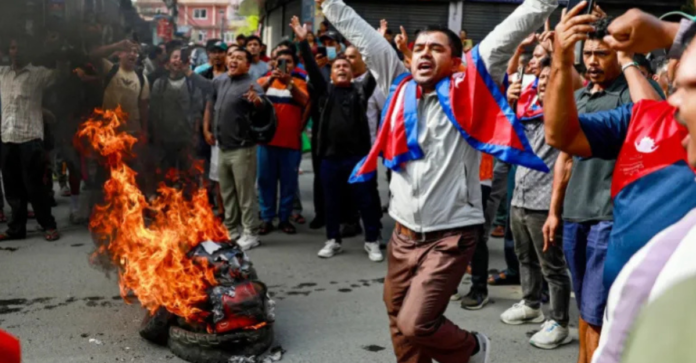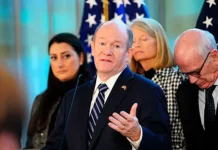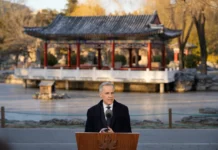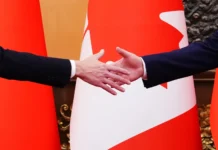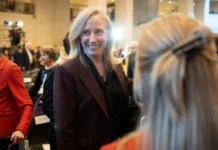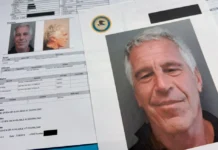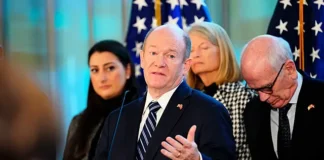| By Faith Mwende |
Daily life in Nepal’s capital began to normalize on Saturday following days of deadly anti-corruption protests that shook the nation and forced the collapse of the government.
Authorities eased a strict curfew as soldiers scaled back their heavy presence on the streets, which had been under tight security since violent demonstrations earlier in the week left parliament ablaze and toppled the administration.
The unrest, the deadliest since the 2008 abolition of the monarchy and the end of Nepal’s civil war, claimed at least 51 lives. In response to the crisis, 73-year-old former chief justice Sushila Karki was sworn in Friday evening as interim prime minister. Her mandate includes restoring stability and responding to protesters’ demands for a cleaner, corruption-free government.
Parliament has been dissolved, and fresh elections have been scheduled for March 5, 2026. Work to rebuild government structures is now underway.
By Saturday morning, the atmosphere in Kathmandu was visibly calmer. Markets reopened, traffic flowed once again, and families were seen returning to temples, signaling cautious steps toward normalcy after a week of turmoil.









